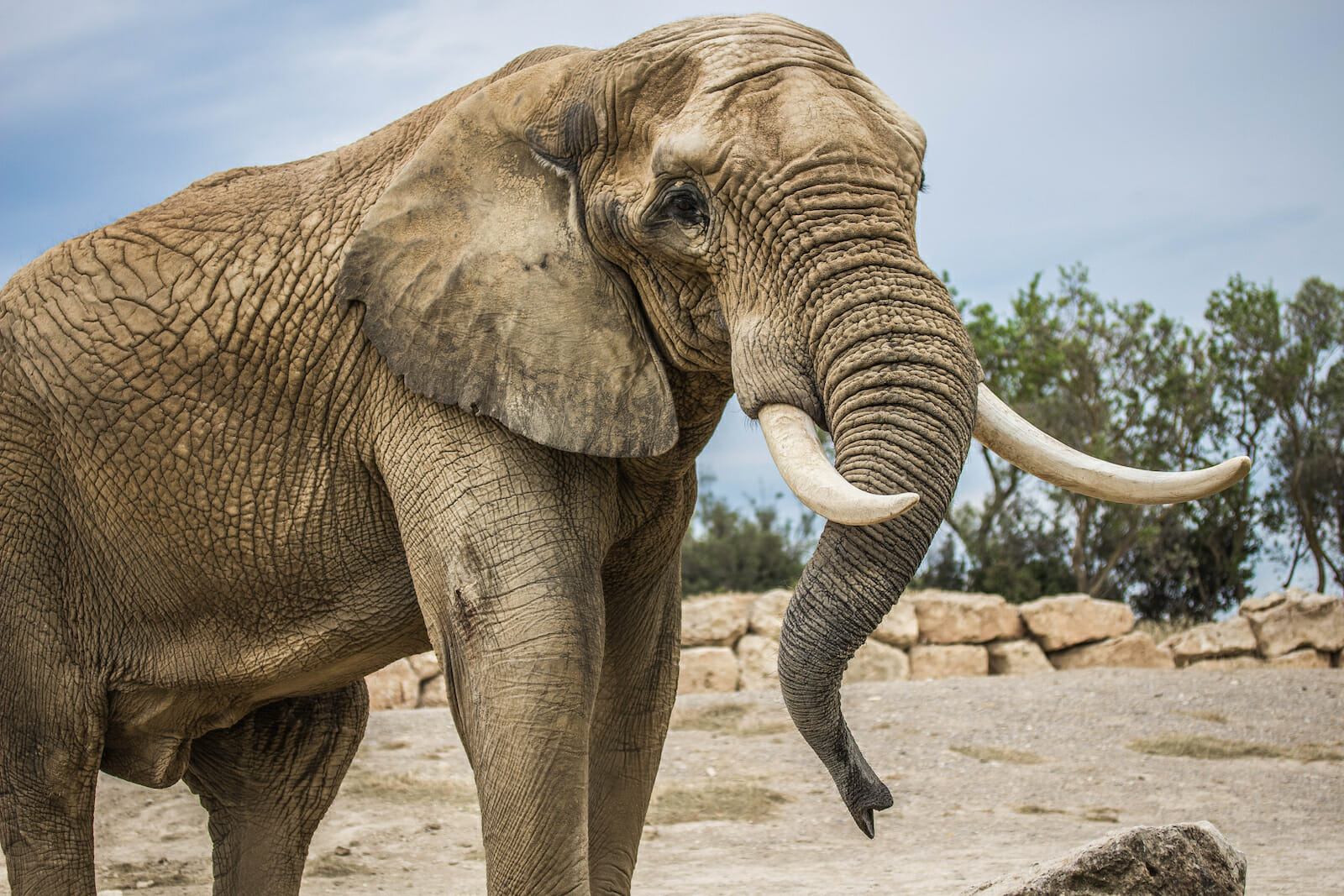
Fate of Elephants is in Our Hands if we Can do the Right Thing
The New York Daily News ran a piece a few days back entitled “Save the elephants: Keep the poaching ban in place.” It was signed by the Editorial Board as if the paper as a whole was pleading with the entirety of New York, or the whole of its readership, on behalf of elephants. And it’s true that this is the kind of mainstream big world message that could have some effect on CITES (Convention on International Trade in Endangered Species), if only the argument put forward was correct.
It is true that in the next years what people decide to do, and actually do, will determine the fate of elephants. That’s a big responsibility seeing as they are one of the most intelligent creatures on the planet after humans and have had a close relationship with humanity for millennia. The tragic and slightly complicated trap that they are in is of our construction. The least we can do is try to understand it and agree about that.
Here are three aspects of the poaching situation that need to be added to the mix.
First: The key front line countries, such as Tanzania and Namibia want to lift, or partially lift, the ban to sell their ivory stockpiles. They have ivory running into the hundreds of millions of dollars that they can’t turn into cash. CITES officials, and the wider world, don’t want to deprive the African stockholders of revenue. They want to discourage buyers in Asia from renewing and revitalizing the market. Closing those markets are the key to stopping the criminal trade. Kenyans burn their ivory but that doesn’t offer anything on the return side of the equation.
Second: The increased pressure of elephants on farming communities is a public relations effort by parties wanting to spin the debate. The coverage of protected areas is not expanding (with a few exceptions) but the number of elephants in the wild is significantly decreasing. How is there more damage from fewer elephants? Not that the human/wildlife interface isn’t important. It’s a crucial part of the equation, but properly structured tourism could bring revenue to communities which would be a positive result, not a negative one.
Third: Demand for big game hunting is actually decreasing and African countries are now finding fewer bidders or low bids for the hunting blocks the hunting industry uses as their prime resource. It’s odd for a conservationist to say, but fewer hunters are actually a problem. Hunting companies do take their clients out and kill what a conservationist would see as a beautiful animal fulfilling its role in the ecosystem. The difficult issue in that equation is that if you don’t have that hunter, you will have a poacher. The hunter is licensed and his activities have defined limits. The poacher is a criminal, intent on stripping as much profit as he can from the wildlife and the local populations.
I hate this system. But I care about the animals enough to swallow my hate until we can transition to something better. In the meantime, someone sitting in New York saying ‘no can do’ isn’t helpful. A person like that has already understood the gravity of the world losing its wildlife. They need to understand that this problem isn’t simply asking the bad guys to stop. There needs to be a deeper and more inclusive discussion that actually fits the actual circumstances. Once that has happened they can use their voice and help push CITES in the right direction. Let’s get together on this because it is important and because ‘we can do.’

